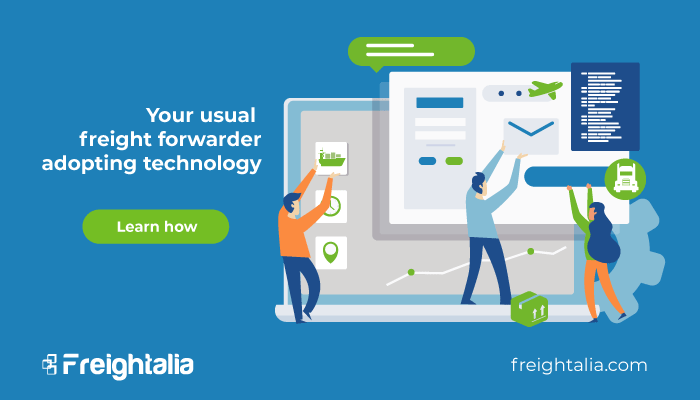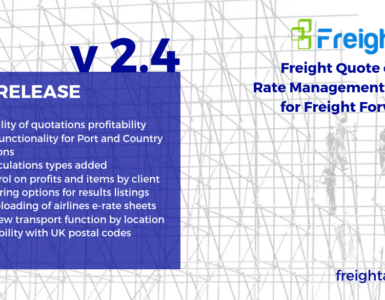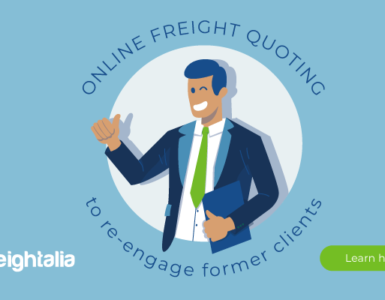The freight industry has been influenced by technological changes before, and freight forwarders have managed to not only adapt but also improve their processes and business. We only need to go back some years and remember the challenges of replacing fax by email for sending pre-advises between agencies or other documents to shipping lines and airlines, or even when original signatures were required for custom clearing until the use of EDI was extended. These may seem irrelevant changes now but at that time meant a significant adaptation of procedures and internal processes.
Today, there is no doubt that digitalization will assist in improving efficiency and automating certain parts of the freight operations. The well-established freight forwarders stand out for being all terrain professionals and are ready to once again implement the necessary changes to better cover their customers’ needs.
Despite these advances, the local and personal level of service will continue essential for the freight forwarding business and for good reasons.
This puts well-established freight companies in a much stronger position than their new digital counterparts. Actually, digital companies often need to turn to traditional forwarders to subcontract certain operations, as in fact they are new creation companies. They may have powerful technology but a lack of resources and contacts throughout the industry.
Established businesses have numerous advantages over the new digital players. Aside from more experience in doing the business, as well as sufficient knowledge to handle complex international projects. On top of that, they already have strong relationships with freight agents around the world, which means that they can easily find the best door-to-door choice for the client.
On the other hand, digital freight forwarders only recently entered the market and do not have long-term relations with shipping lines, airlines, and other suppliers. The only advantage they have over traditional companies is the use of technology, but that can be evened out easily.
Since traditional businesses have more experience and background in the industry, they only have to continue moving freight on a global level as they have been doing for decades, now counting on new digital tools.
For example adopting the automatic quoting system that Freightalia offers them and that is fully integrable and customizable. Freightalia is a quoting and rate management portal that offers the opportunity to embrace technology and adapt to new business trends.




